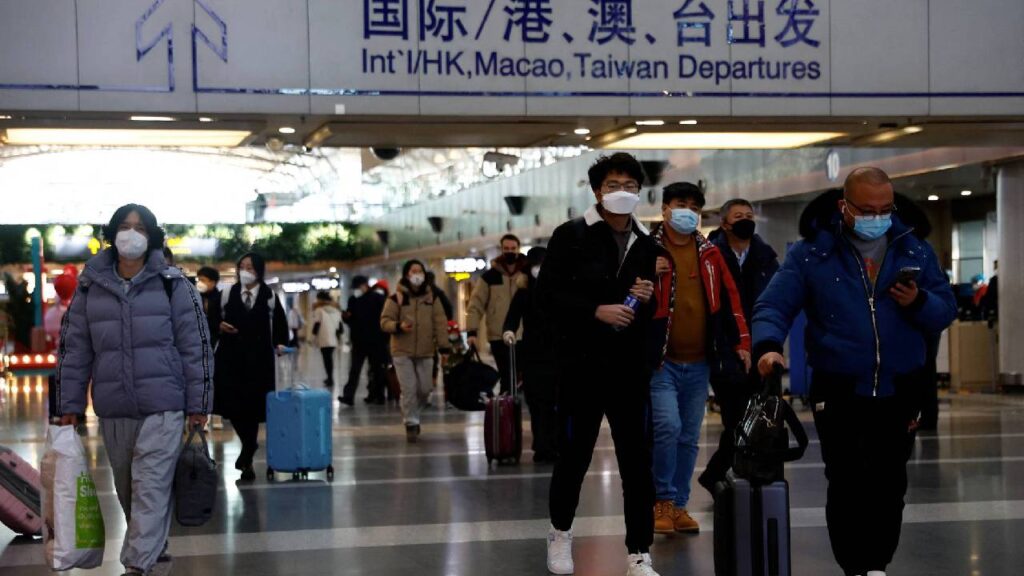World
Revamped Guidelines for Business Travel in China
Travel in China has entered a new era, with evolving rules and increased risks for executives planning visits to the country. Beijing’s recent implementation of an anti-espionage law, crackdowns on consulting firms working with foreign companies, and restricted information flow have heightened security concerns for foreign travelers. However, despite these challenges, many business travelers are eager to return to China now that pandemic restrictions have eased. In this changing landscape, it is crucial to seek advice from security experts, business advisors, and experienced executives to navigate business trips effectively.
Before embarking on your journey, carefully consider whether the trip is necessary. While senior executives have been returning to China, some companies are delaying staff travel due to the shifting information environment. If your work in China involves activities that could be interpreted as supporting a hostile agenda or expressing negative views about important Chinese companies, it might be wise to conduct such work outside of China. Assess the potential risks and consult with experts to make an informed decision. Keep in mind that the State Department has included China on its “reconsider travel” list due to the risk of detention or arbitrary enforcement of local laws.
Get Wall Street Journal 2-Year Print Subscription for $480
If you decide to proceed, the first step is to apply for a visa, which now requires a more detailed and intrusive application process. Be prepared to answer questions about not only your travel plans but also your work history, family details, and affiliations with organizations. It is essential to comply with visa restrictions and avoid work-related activities if you are traveling on a tourist visa or using China’s visa-free transit option.
Digital security is a major concern when traveling to China. Assume that authorities have access to the contents of your devices, including contacts, emails, and photos. To mitigate risks, it is advisable to use “burner” devices that are wiped of data or apps. Install encrypted communication apps and use a VPN for secure communication. Keep your digital devices with you at all times to prevent unauthorized access. Reports have surfaced of authorities searching through belongings, including electronics, in hotel rooms. Remember that hotel safe may not offer adequate protection against determined intruders.
Get WSJ Print Subscription Delivery 6-days a week for 1 year $318
Upon arrival, anticipate that border officials may subject you to potentially more extensive and intrusive questioning. Officials may inquire about travel plans, employment history, and sensitive political views. Answer factual questions truthfully but avoid offering unnecessary information. We recommend remaining transparent but cautious. Regarding political topics, it is safest to express no opinion and refrain from discussing sensitive issues.
While the risks associated with traveling to China have increased, some business visitors have found the experience relatively straightforward. However, we still advise caution, especially for Chinese staff and long-term expatriates who may face greater risks. It is essential to stay vigilant and consider the practical challenges as well. The pandemic has disrupted familiar systems, making it more difficult to navigate daily life in China. Travelers may encounter limited acceptance of cash and credit cards, and the dominance of the WeChat app may necessitate exploring alternative payment methods. Finding English menus in restaurants could be a challenge, and there may be fewer Westerners available for networking due to expatriate departures during lockdowns.
In conclusion, traveling in China now requires careful planning, awareness of the evolving rules, and proactive measures to address security and practical challenges. By staying informed, seeking expert advice, and taking necessary precautions, executives can navigate this new landscape with confidence and maximize their business opportunities in China.

